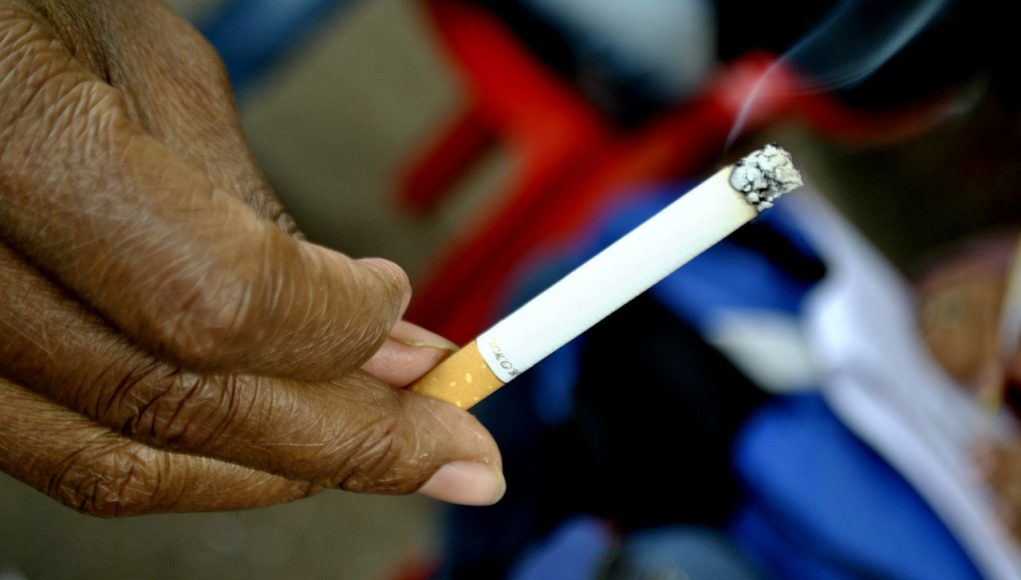Kariuki’s study found that two-thirds of Kenyans who smoke want to quit and use harm reduction products like nicotine pouches or vapes/e-cigarettes. Sadly last year, nicotine pouches were banned locally.
Discussing the ban at the Africa Tobacco Harm Reduction Forum hosted by the Campaign for Safer Alternatives (CASA) tobacco harm reduction experts highlighted that the ban put a stumbling block in the smoking cessation journey of thousands.
“By lagging behind the rest of the world in its stance on tobacco harm reduction (THR), the Kenyan government is blocking the escape from tobacco-related disease and death for 30,000 smokers a year, with no chance of reprieve,” said CASA Chairman Joseph Magero during the webinar.
“Kenya’s ongoing ‘quit or die’ tobacco control policy ignores the reality that too many smokers find it impossible to quit, even when they want to. Reduced harm products such as e-cigarettes and oral nicotine pouches give them a much safer alternative, a route away from cigarettes and a better chance of a smoke-free future.”
Kenya’s dire need for the availability of safer nicotine alternative products
Nicotine pouches are tea bag-like pouches which are placed under the upper lip for about 15 to 30 minutes depending on one’s preferred nicotine dose. While similar to snus, they have the added benefit of being tobacco-free, odour-free, unlike snuff they do not require spitting.
Meanwhile, Dr Michael Kariuki said that his interest in the tobacco harm reduction/ smoking cessation arena is due to the fact that as a medical practitioner for over 15 years, he has witnessed the smoking cessation struggle firsthand. “The addictive product in cigarettes is nicotine, however, what kills people are the other carcinogenic products that are medically referred to as Group 1 human carcinogens,” he explained as quoted by Tuko.













